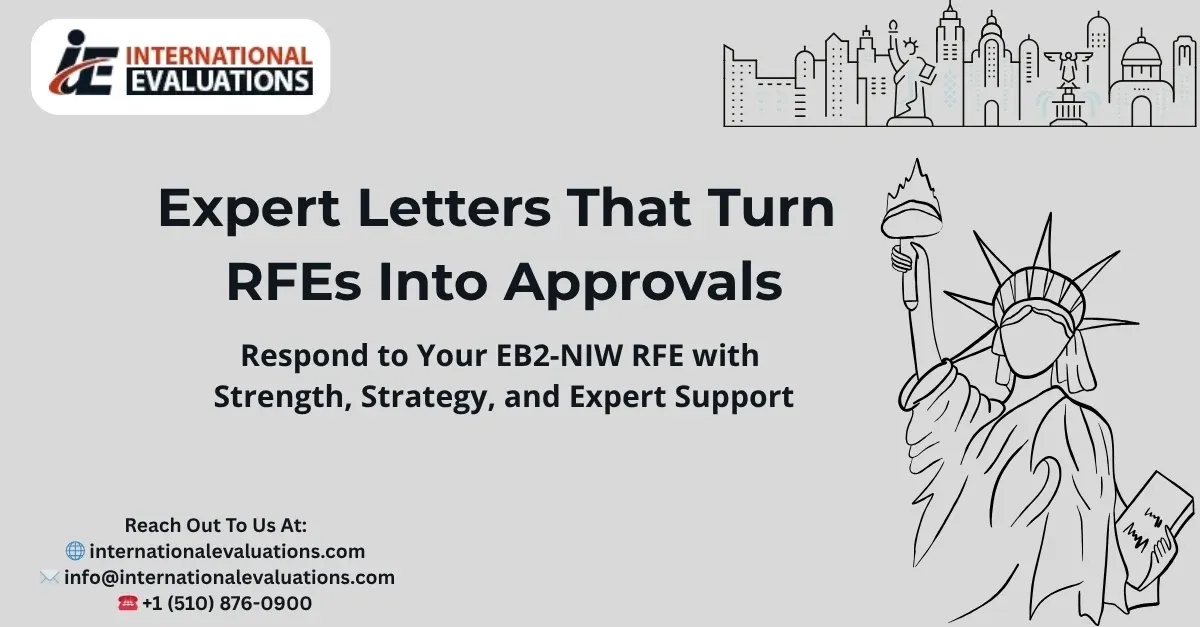Introduction
In today's dynamic service landscape, assessing service plans for sustainable development and innovation has ended up being more crucial than ever. Entrepreneurs and recognized organizations alike are consistently looking for ways to guarantee their strategies not only yield revenue however also line up with sustainable practices and foster innovation. This post explores various aspects of examining organization strategies, focusing on sustainable growth, development, and the importance of academic and global credential assessment services that supply a robust structure for decision-making.
What Makes an Organization Strategy Effective?
An organization strategy is an official document detailing a business's objectives, the strategy to accomplish them, and the needed resources. An effective business strategy should attend to crucial questions such as:
- What are the marketplace opportunities? Who is the target audience? What is the special selling proposal (USP)? How will success be measured?
Understanding these aspects is important when examining organization plans for sustainable growth and innovation.
Evaluating Organization Plans for Sustainable Growth and Innovation
Evaluating organization strategies needs a systematic technique that considers both qualitative and quantitative metrics. To sustain growth while promoting development, organizations need to strike a balance in between monetary practicality and social responsibility.
The Significance of Sustainable Development in Company Plans
Sustainable development describes broadening a business's operations without compromising future ecological or social resources. A well-articulated service plan should detail how the company intends to attain this https://devineybv743.wpsuo.com/bridging-the-gap-between-work-and-academic-community-with-professional-evaluations balance.
Key Elements of Sustainable Growth
Resource Management: Effective utilization of natural resources. Social Responsibility: Engagement with neighborhoods and stakeholders. Financial Health: Preserving success while buying sustainable practices.By incorporating these components into their assessment requirements, organizations can guarantee that they stay competitive while contributing positively to society.
The Role of Innovation in Organization Success
Innovation is not just about introducing brand-new items; it's about reconsidering processes, services, and even organization models. Assessing how an organization plan incorporates innovation can offer insights into its long-term viability.
Types of Development in Company Plans
Product Innovation: Developing brand-new or improved goods. Process Innovation: Enhancing functional efficiency. Business Design Innovation: Redefining earnings streams or consumer engagement strategies.Each type plays a pivotal function in keeping importance in an ever-evolving market landscape.
Integrating Academic Credential Assessment into Service Planning
When examining the potential success of any endeavor, it's necessary to think about the team behind it. Academic credential evaluation plays a substantial function here.
Understanding Academic Credential Evaluation
Academic credential evaluation evaluates foreign academic qualifications to ensure they satisfy specific standards within another country's education system. This process can assist companies recognize qualified individuals who bring valuable knowledge to their operations.
International Credential Assessment Services
Choosing credible international credential examination services makes sure that business work with qualified prospects who can contribute efficiently to sustainable development initiatives.
Course-by-Course Credential Evaluation
A course-by-course credential evaluation uses granular insight into an applicant's educational background by analyzing individual courses taken rather than merely validating degrees awarded. This detailed approach assists companies comprehend specific abilities relevant to their needs.

Work Experience Examination: Assessing Practical Skills
While scholastic qualifications supply foundational understanding, useful experience typically determines a person's effectiveness in real-world circumstances. Work experience evaluation concentrates on assessing occupational proficiencies developed through work history.
Importance of Work Experience Evaluation
It supplies context around educational qualifications. It highlights relevant skills gotten from previous roles. It exposes possible spaces in know-how that may require filling through training or working with strategies.By incorporating work experience evaluations into their employing procedures, business can better position themselves for sustainable growth through informed hiring choices.
Expert Viewpoint Letters: A Prized Possession Property in Evaluations
An expert viewpoint letter acts as an assessment tool that encapsulates the views of specialists relating to a person's certifications or experiences associated with particular fields or industries.
How Expert Viewpoint Letters Enhance Business Strategy Evaluations
They offer third-party validation of credentials. They offer insights into industry standards. They help bridge spaces between academic certifications and practical application.Utilizing professional viewpoint letters can considerably strengthen the reliability of examinations carried out on potential hires or partners in sustainability-focused ventures.
Business Plan Assessment Criteria: A Detailed Framework
When it comes down to assessing any company plan effectively, having clear requirements is necessary for making sure comprehensive evaluations that line up with both instant objectives and long-term visions for sustainable development and innovation.
Key Areas for Evaluation
Market Analysis:- Understanding competition Identifying target demographics Recognizing trends affecting market demand
- Efficiency of production processes Supply chain management Quality control measures
- Revenue forecasts Cost analysis Break-even analysis
- Environmental impact assessments Carbon footprint reduction goals Community participation strategies
- Research & & development allocation Technology integration plans Intellectual home considerations
By adequately addressing these areas during assessments, stakeholders can get clarity on the feasibility of proposed organization strategies targeted at promoting sustainable growth and driving innovation forward.
FAQs About Evaluating Service Prepare For Sustainable Growth
1. What are some typical challenges faced during business plan evaluations?
Common difficulties include absence of clearness in goals, inadequate data supporting claims made within the plan, misalignment between short-term tactics versus long-term objectives, and undervaluing market dynamics affecting sustainability efforts.
2. How important is financial forecasting within a company plan?
Financial forecasting is vital as it helps stakeholders understand possible profitability with time while offering benchmarks against which actual performance can be determined-- crucial indicators when preparing for continual success!

3. Can expert opinions really affect investment decisions?
Absolutely! Specialist opinions lend trustworthiness by providing additional context around qualifications/experiences which ultimately affects investor perceptions leading them towards informed decisions regarding funding ventures concentrated on innovative solutions or sustainability initiatives!
4. Why need to business integrate sustainability metrics into their evaluations?
Incorporating sustainability metrics assists organizations remain relevant amidst growing consumer awareness about environmental effects-- showing useful not just fairly however likewise financially as consumers progressively favor brand names devoted toward responsible practices!
5. What distinguishes effective developments from less impactful ones?
Successful innovations usually attend to genuine consumer requires rooted within empirical research-- backed by tactical implementation efforts aimed at developing value whereas less impactful innovations typically result from rash pursuits doing not have significant validation!

6. What role does academic credential evaluation play in staff member choice processes?
Academic credential examinations ensure candidates have requisite qualifications matching industry requirements-- crucial when seeking skill capable enough not just deliver anticipated outcomes but likewise drive future organizational advancement!
Conclusion
In conclusion, evaluating business plans for sustainable growth and development involves numerous elements varying from understanding market dynamics to confirming specific proficiencies through various forms such as scholastic credential assessments or specialist opinions letters-- all important elements forming successful results! By devoting time towards cautious evaluations using detailed frameworks tailored particularly towards these themes; organizations position themselves positively versus emerging challenges posed by progressing consumer preferences coupled along with pushing environmental issues-- making sure longevity in the middle of intense competition!
Businesses need to bear in mind that integrating sustainability into core strategies does not simply serve social obligations-- it opens doors towards untapped markets driven by conscious customer bases eager assistance brand names prioritizing ethical practices! Henceforth welcoming holistic techniques incorporating both standard metrics alongside ingenious thinking shows critical navigating today's complex commercial environments successfully!